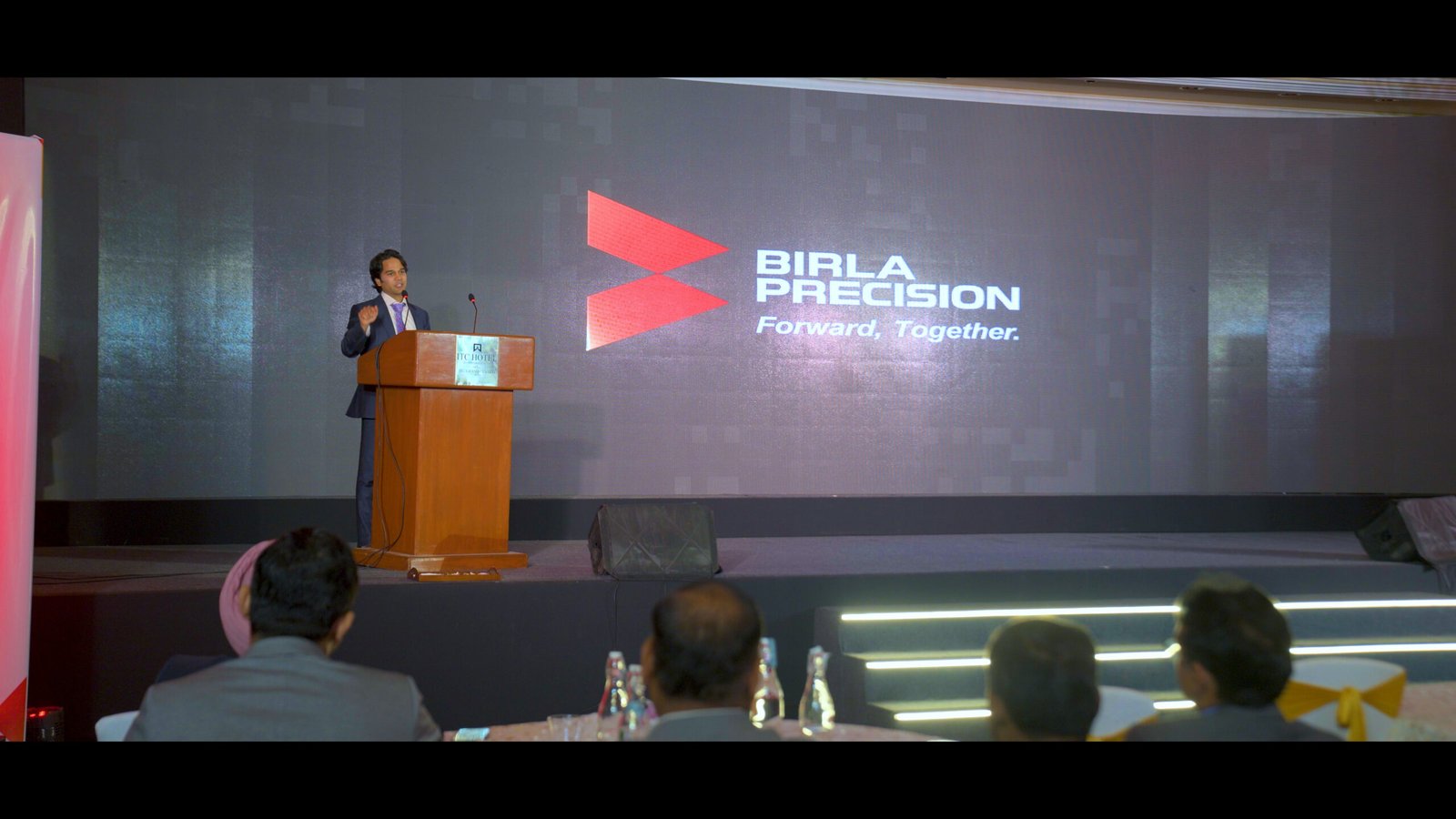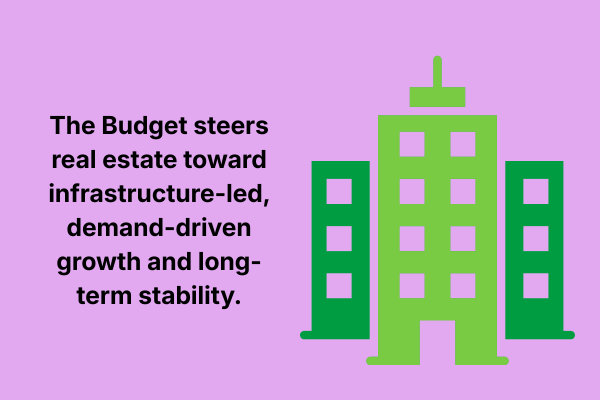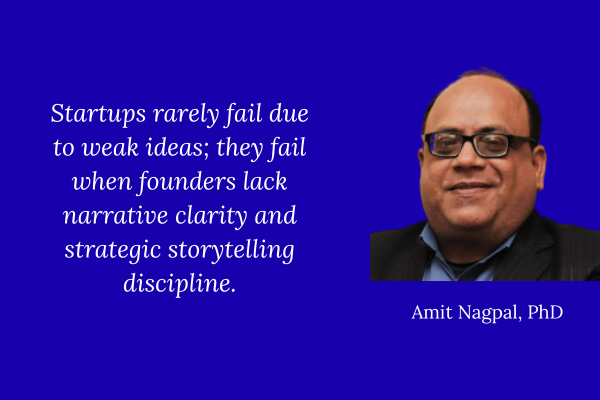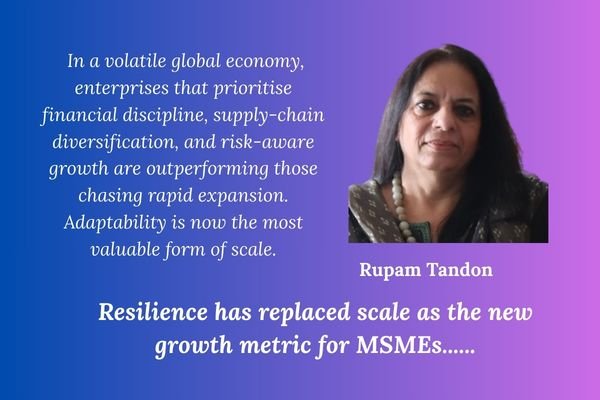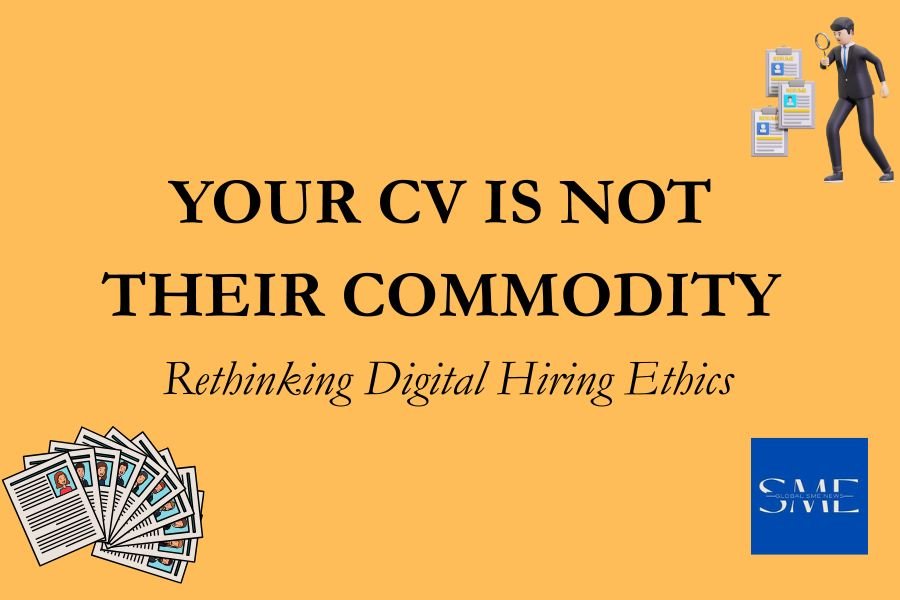Your Privacy Is Not a Price Tag
Governments must act decisively to protect worker data in the digital age. This means enacting dedicated labour data protection laws that go beyond general privacy frameworks. These laws must regulate how CVs, employment histories, and personal identifiers are collected, stored, shared, and deleted.
In today’s digital hiring economy, we seldom pause before uploading our CVs—often packed with personal details—to job portals, freelance platforms, or recruitment databases. But this seemingly routine act has quietly become a high-risk move. What should merely showcase our capabilities ends up revealing far too much: full contact details, scanned documents, ID numbers, and even family information.
Once shared, that data rarely stays in one place. It may be stored indefinitely, used to train algorithms, monetised by third parties, or worse—leaked into networks that enable fraud and impersonation.
Oversharing Is Not a Competitive Advantage
Throughout the hiring process, candidates are pressured to disclose more than necessary. Many job seekers comply, assuming it enhances their prospects. But companies that hire based on excessive data rather than actual capabilities are not hiring you—they’re profiling you.
The reality is, employers who genuinely value your contribution don’t need your life story or personal documents upfront. They look for skills, insight, and alignment—not invasive data points.
From Job Seeker to Entrepreneurial Thinker
The employment landscape is undergoing a quiet but profound transformation. Traditional large-scale operations are giving way to more flexible, platform-driven, freelance, and service-oriented models. Increasingly, work is delivered through collaborative systems involving independent professionals, micro-entrepreneurs, and nano-enterprise networks.
This new reality demands a shift in mindset: from being hired to positioning your skills as value. Your CV should present you as an investment—not a resource to be extracted. You are not selling your identity, personality, or private life to a company; you are offering capabilities that solve problems. If a platform or employer asks for extensive personal data before even evaluating your merit, it’s a warning sign: question the process—and the company.
Hiring Platforms: From Opportunity Engines to Data Funnels
Many digital job platforms today operate less like gateways to opportunity and more like data harvesting machines. Numerous listings—particularly unverified ones—exist primarily to gather information at scale. Consent clauses are buried in unreadable terms and conditions; data retention policies are vague, and user control is minimal.
The result? Job seekers report an immediate surge in phishing attempts, spam calls, and targeted marketing after uploading their profiles. This is no coincidence—it is a consequence of a system that treats your professional identity as a commercial asset.
Not All Companies Deserve You
Let’s be honest. Some companies—and not just fringe players—operate with a control-based mindset. They demand documentation before interviews, initiate background checks without consent, and rely on opaque internal systems to monitor workers. These are not the future.
Increasingly, such exploitative models—marked by surveillance, secrecy, and burnout—are collapsing under their own weight. Ironically, many family-run enterprises and cooperatives offer more enduring, transparent, and trust-based environments.
What Needs to Change in Recruitment
If we are serious about building ethical hiring ecosystems, several fundamentals must shift:
- CVs must be lean. Do not include personal IDs, home addresses, or scanned documents unless explicitly requested at a later stage—and only with a guarantee of responsible use.
- Platforms must enable real consent. Users should be able to control who accesses their data, how long it stays online, and when it should be deleted.
- Data expiry should be standard. Inactive or outdated profiles should be auto-deleted unless users opt to retain them.
- Employers must be verified. Fake job listings thrive in environments where recruiters are not authenticated or vetted.
- Hiring must centre on dignity. Ethical hiring is not about box-ticking compliance—it is about respecting human potential.
ILO Principles: An Underused Global Resource
Protecting workers’ privacy and autonomy is not merely a regulatory concern—it is a matter of dignity. Institutions like the International Labour Organization (ILO) offer robust frameworks for worker protection. The ILO’s 1997 Code of Practice on the Protection of Workers’ Personal Data emphasizes consent, transparency, and data minimisation.
Its broader Decent Work Agenda and conventions on fair treatment, occupational safety, and working conditions provide both a moral and legal compass for the evolving digital workplace. Yet these tools remain grossly underutilised—especially in platform-driven employment.
Protecting Privacy Is Strategic Choice
In this new era, safeguarding your personal data is not a luxury—it is an act of self-respect. It’s also a strategic choice. Talent today is mobile. You can build ventures, freelance globally, or contribute across sectors without surrendering your digital footprint.
Governments, development banks, and enterprise ecosystems are increasingly supporting fair, sustainable, and ethically governed businesses. The digital economy rewards imagination, agility, and value—not blind compliance.
If a recruiter cares more about your passport than your portfolio, walk away. If your workplace thrives on surveillance or disrespect, take your skills elsewhere. If you’re judged by your identity instead of your contributions—challenge it.
You owe nothing to a system that doesn’t see you as a person. In reclaiming control over our data, we are not just protecting CVs—we are redefining what it means to be employed. The future of work belongs to those who value both opportunity and integrity.
A Call for Policy Action
Governments must act decisively to protect worker data in the digital age. This means enacting dedicated labour data protection laws that go beyond general privacy frameworks. These laws must regulate how CVs, employment histories, and personal identifiers are collected, stored, shared, and deleted.
In platform-based and gig economies—where formal contracts are often absent—these safeguards are not optional; they are urgent. Without them, hiring risks becoming a system of profiling, exclusion, and exploitation.
A rights-based approach to digital employment must now be embedded in every nation’s labour policy and data governance strategy.
Author Profile

-
Perumal Koshy is Editor of Global SME News and Director of Strategic Initiatives at Enterprise Futures Lab. He writes on MSMEs, enterprise development, and policy issues affecting small business ecosystems.
Linkedin: https://www.linkedin.com/in/caushie/
Latest entries
 FEATURED2 February 2026Outlook 2026 | Real Estate: Infrastructure-Led Growth, Integrated Communities, and the Trust Imperative
FEATURED2 February 2026Outlook 2026 | Real Estate: Infrastructure-Led Growth, Integrated Communities, and the Trust Imperative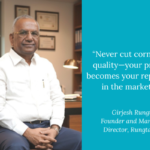 Entreprenurs30 January 2026Quality, Crisis, and Consistency: The Rungta Tea Story
Entreprenurs30 January 2026Quality, Crisis, and Consistency: The Rungta Tea Story Entreprenurs21 August 2025Entrepreneurship, Values, and Corporate Governance: Building Nations, Not Just Profits
Entreprenurs21 August 2025Entrepreneurship, Values, and Corporate Governance: Building Nations, Not Just Profits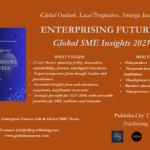 Africa13 August 2025 A New Landmark Report Calls for Rethinking SME Policies, Digital Readiness, and Sustainable Growth
Africa13 August 2025 A New Landmark Report Calls for Rethinking SME Policies, Digital Readiness, and Sustainable Growth
